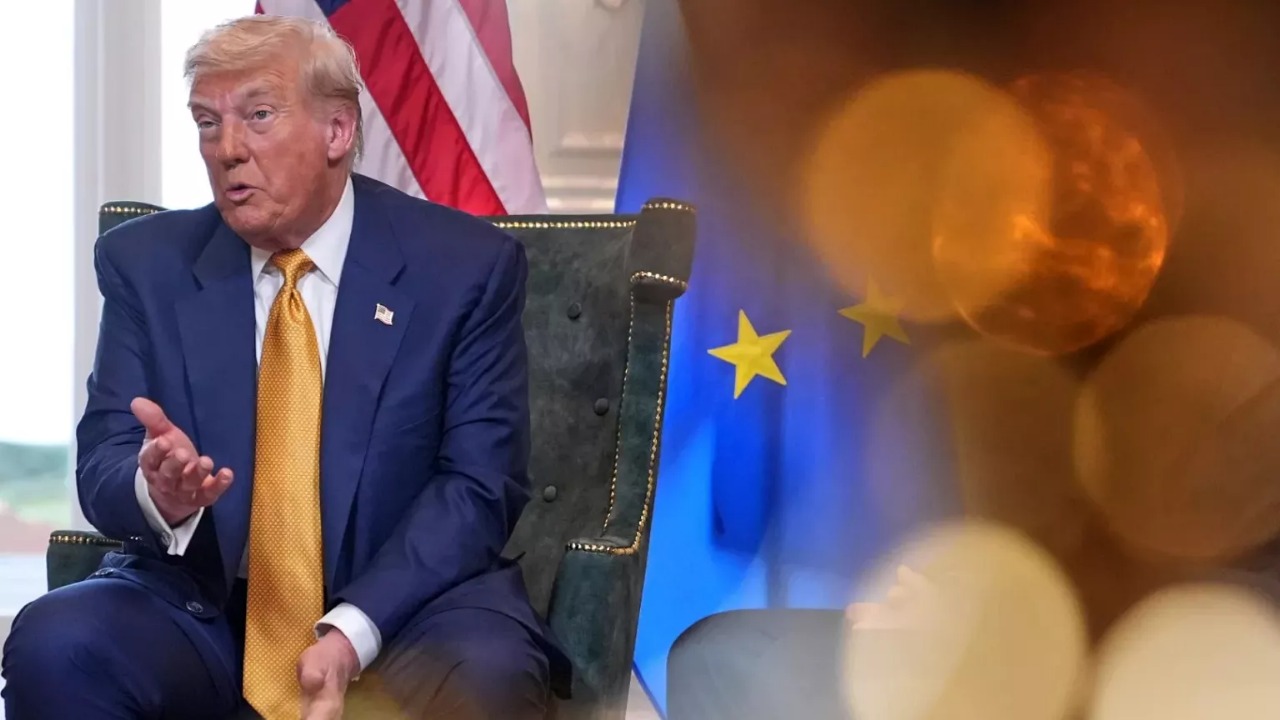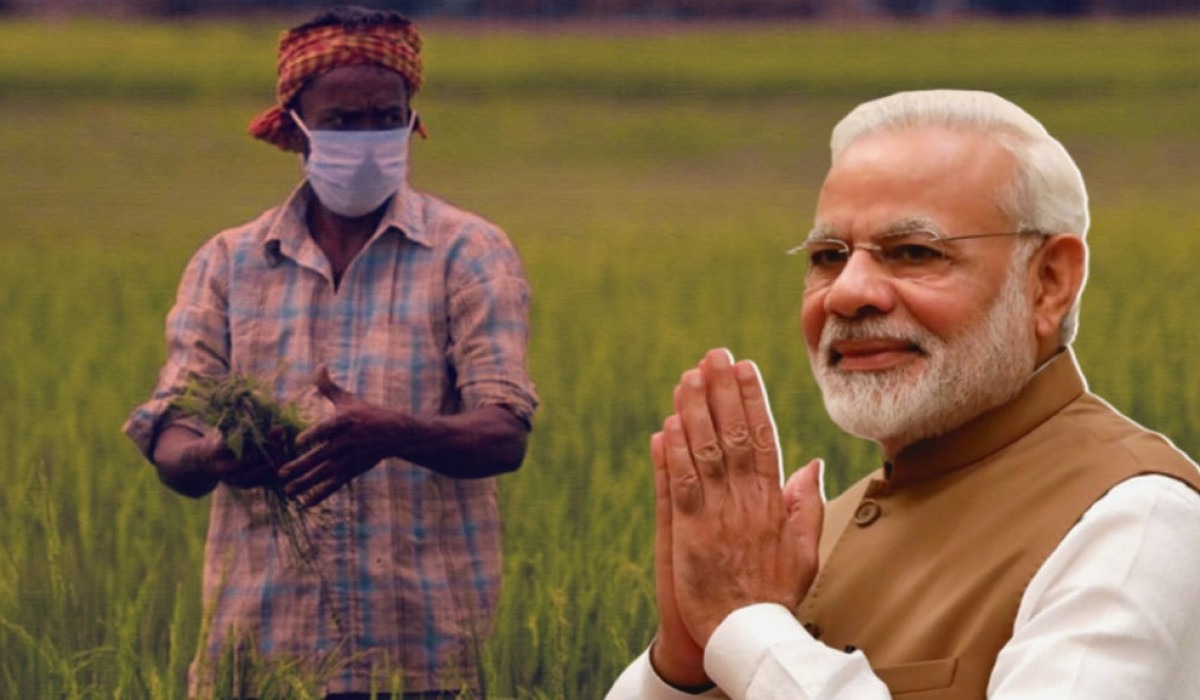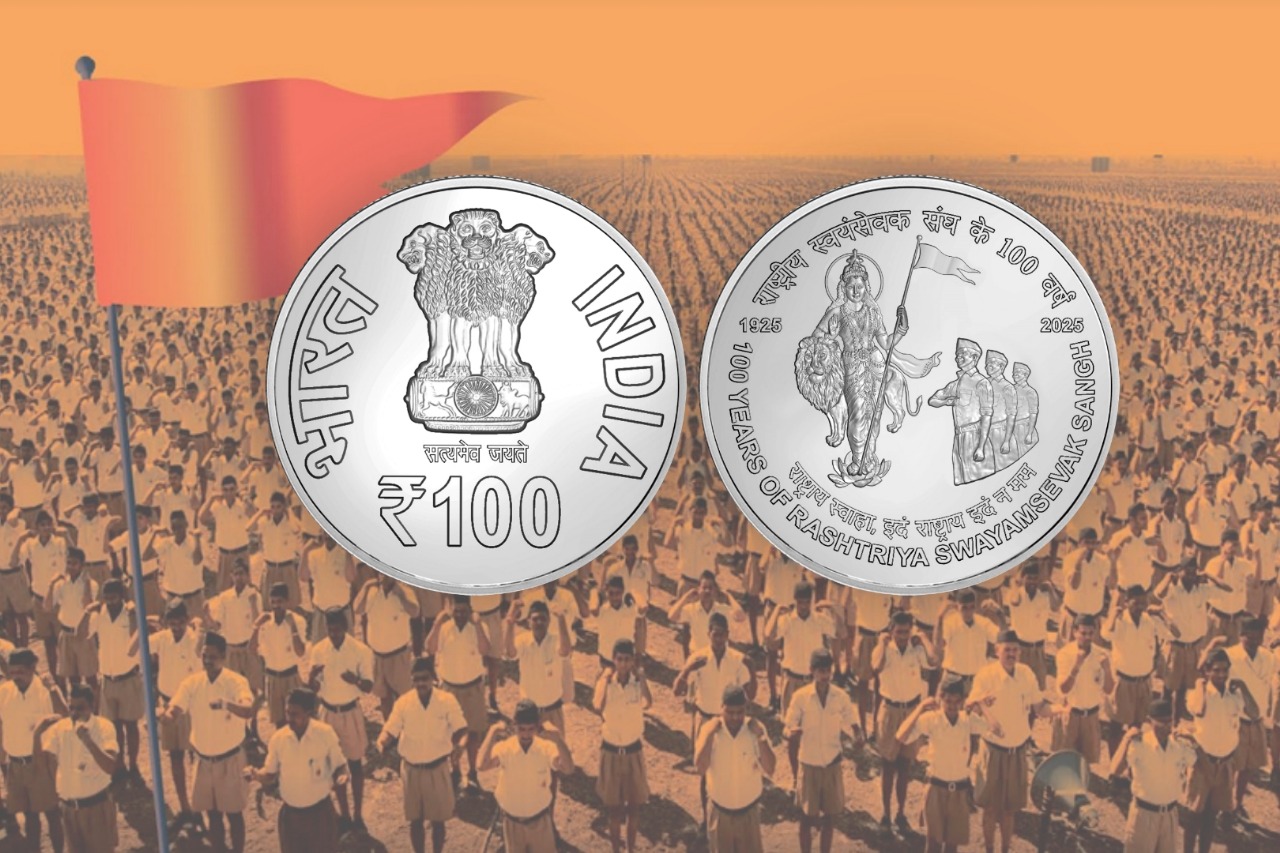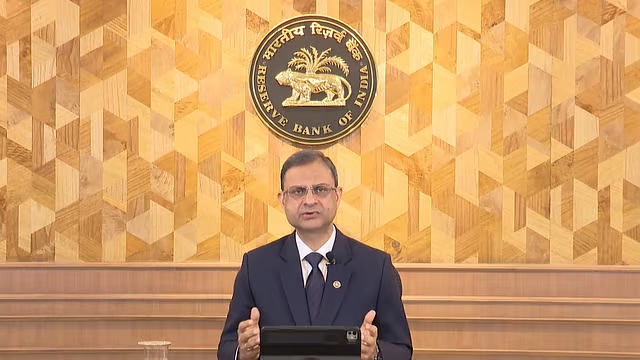The transatlantic trade landscape is shifting once again, as the United States prepares to impose a 15 percent tariff on European Union wine and spirits starting August 1. The move, confirmed by EU officials, comes as part of a broader trade framework announced by US President Donald Trump and European Commission President Ursula von der Leyen. While the deal averts a previously threatened 30 percent duty, it leaves the alcohol sector in limbo, with negotiations still underway to secure a sector-specific exemption.
Key developments and immediate impact
- The 15 percent tariff will apply to EU wine and spirits exported to the US beginning August 1, pending a final agreement between the two sides
- The duty replaces a looming 30 percent rate that had sparked concern across European beverage industries
- Spirits and wine producers are lobbying for a return to zero-for-zero tariffs, which governed trade for over two decades prior to recent disputes
- Stocks of major European alcohol companies such as Pernod Ricard, Diageo, and Campari saw initial gains on hopes of a carve-out, but later dipped amid uncertainty
The tariff announcement has triggered a wave of concern across both continents, with producers and trade bodies calling for swift resolution.
Industry response and lobbying efforts
- The Distilled Spirits Council of the United States expressed optimism that ongoing talks could restore tariff-free trade for spirits
- The Comité Européen des Entreprises Vins (CEEV), representing Europe’s wine sector, urged negotiators to include wine in the list of strategic goods exempt from duties
- EU officials acknowledged that the alcohol sector remains unresolved within the broader trade framework, with discussions continuing in parallel
- US lawmakers have prioritized relief for domestic distillers, particularly bourbon producers affected by retaliatory EU tariffs
The sector’s exclusion from the finalized deal underscores the complexity of balancing political priorities with economic realities.
Economic stakes and competitive pressures
- The EU is the largest export market for US spirits, with American producers shipping over USD 1.2 billion worth of goods to Europe in 2024
- European wine exports to the US are similarly significant, with provenance and regional branding making relocation of production infeasible
- Tariffs could distort pricing and reduce competitiveness for both EU and US producers, potentially leading to reduced sales and market share
- Analysts warn that prolonged uncertainty may lead to supply chain disruptions and delayed investment decisions
The economic ripple effects could be felt across agriculture, logistics, and hospitality sectors on both sides of the Atlantic.
Political backdrop and negotiation dynamics
- The broader US-EU trade deal includes commitments for USD 750 billion in energy purchases and USD 600 billion in EU investments into the US
- Strategic goods such as aircraft components, semiconductor equipment, and certain chemicals have been granted zero-tariff status
- The wine and spirits carve-out remains a sticking point, with EU negotiators resisting US protectionist measures while seeking reciprocal relief
- The Trump administration has emphasized reducing trade deficits and boosting domestic manufacturing, complicating sector-specific exemptions
The political calculus behind the deal reflects broader tensions in global trade policy and economic nationalism.
Looking ahead
- EU officials have signaled that negotiations on wine and spirits tariffs will continue beyond the August 1 implementation date
- Industry observers remain divided on the likelihood of a near-term resolution, with some expecting executive orders to finalize rates
- Both sides are under pressure to avoid escalation, as retaliatory tariffs and consumer backlash loom large
- A successful carve-out could restore stability and predictability for producers, retailers, and consumers alike
Conclusion
As the August 1 deadline approaches, the fate of EU wine and spirits in the US market hangs in the balance. While the broader trade deal has averted a more severe tariff hike, the sector’s unresolved status highlights the challenges of crafting equitable and forward-looking trade policy. For now, producers brace for impact, hoping that diplomacy and economic pragmatism will prevail.
Sources: The Spirits Business, CNBC, Firstpost, Indian Express, AInvest, MSN Europe, EU Commission press briefings, Distilled Spirits Council of the US, Comité Européen des Entreprises Vins (CEEV)








